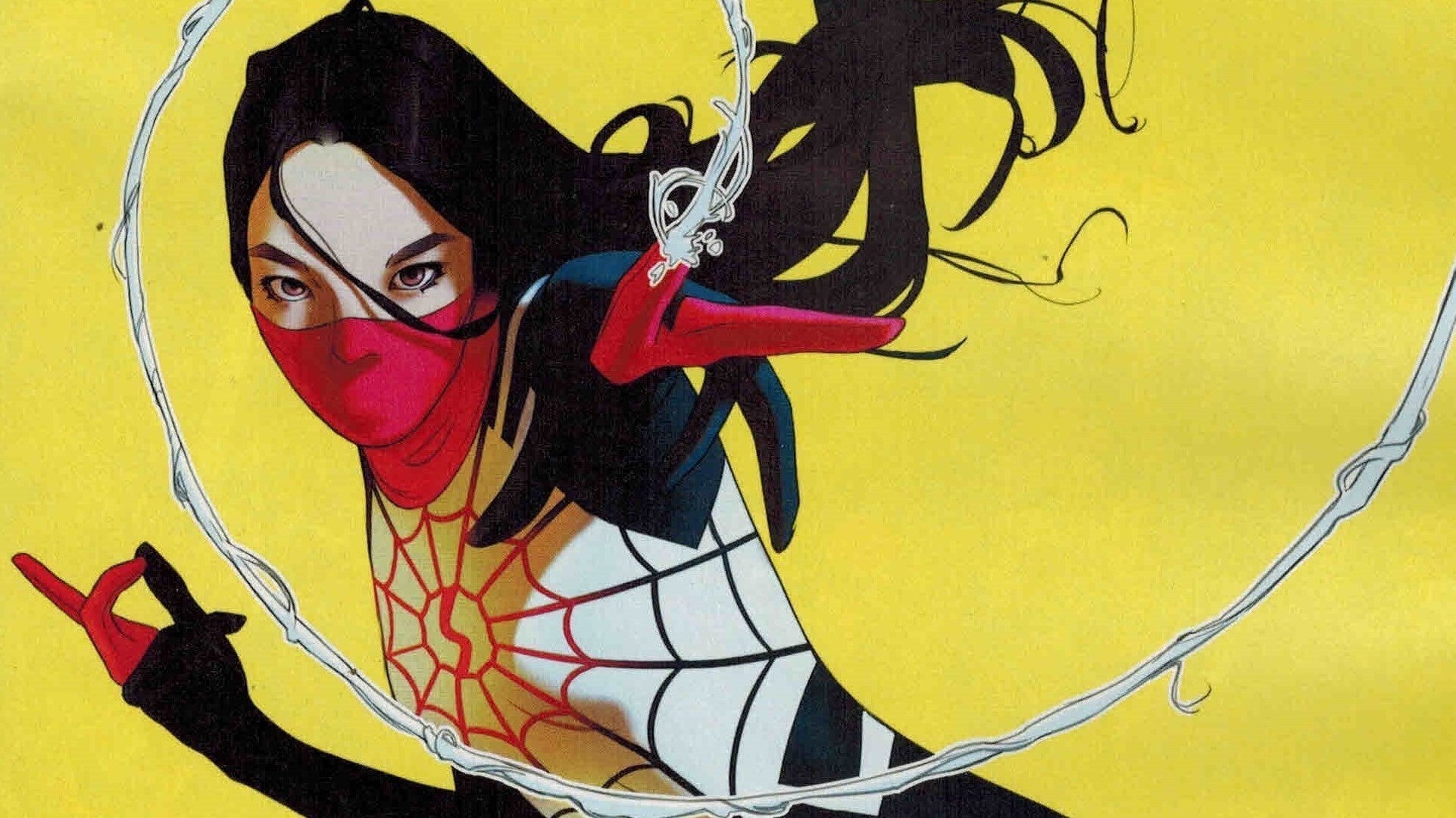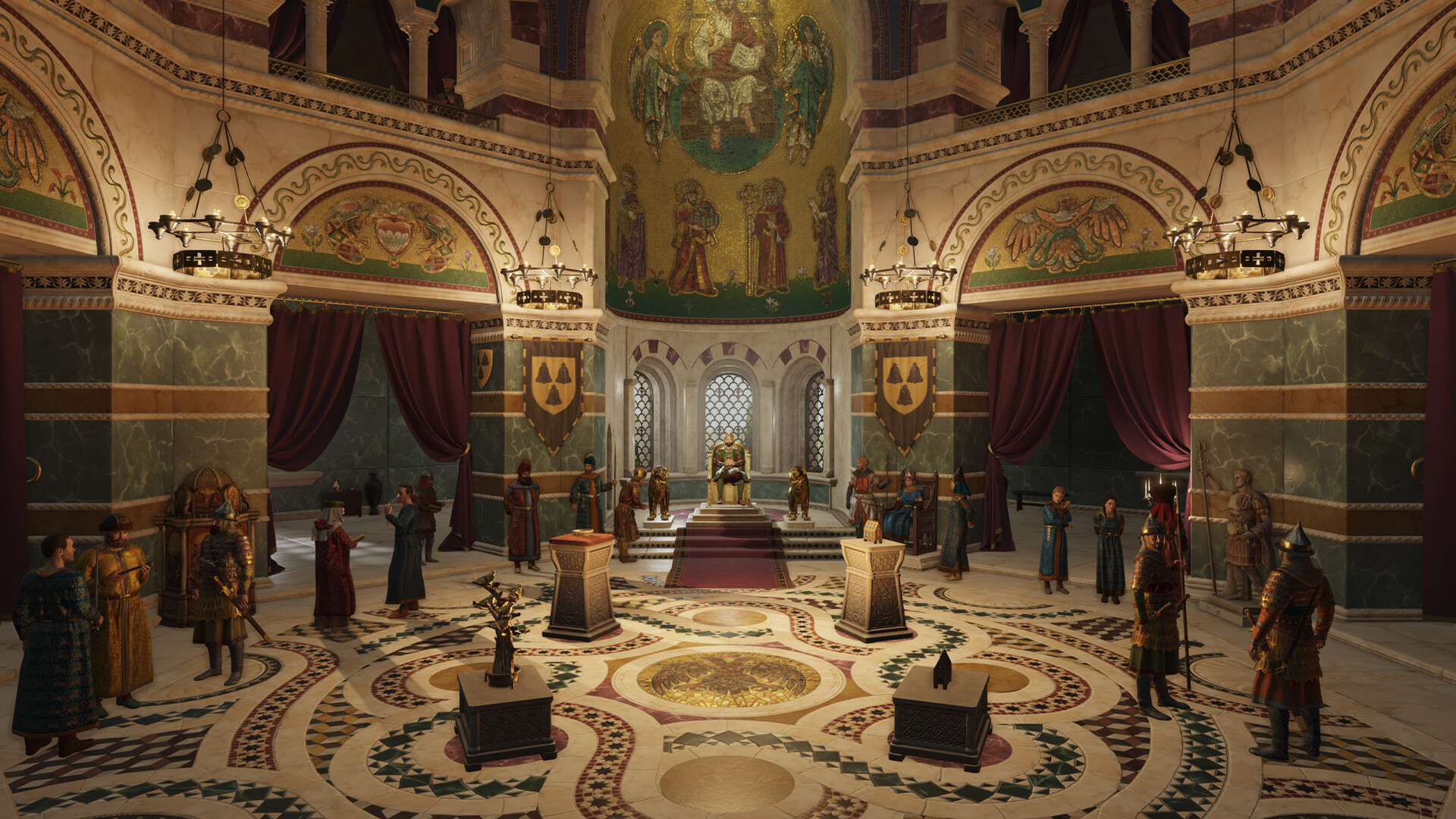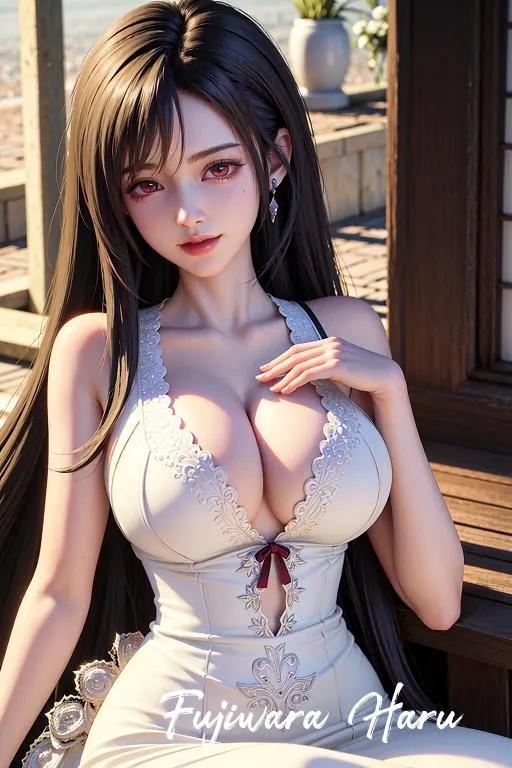In Season 2 of Anne Rice’s Interview with the Vampire, all the world’s a stage. The second round of the series is elevated by its theatrical trappings, be it the playful, playbill-esque onscreen notification that the role of Claudia is now played by Delainey Hayles or the discordant crescendo of its theme song – which begins with the sound of an orchestra tuning up, the way it would at the beginning of a play. Thematically, the show is fixated on the thrill of putting on a performance and the banal frustration of being trapped in an unsatisfying role.
Rice’s portrayal of vampire society and its rules has inspired the roleplaying game Vampire: the Masquerade, pretty much the entire YA vampire genre, and the mockumentary What We Do in the Shadows; here, those hierarchies and fraught alliances map beautifully onto a group of catty Parisian theater kids. This is the coven Claudia and Louis de Pointe du Lac (Jacob Anderson) have fallen in with after leaving their cruel maker Lestat de Lioncourt (Sam Reid) behind in New Orleans, a group embroiled in a constant struggle for power and held under the pseudo-religious sway of ancient vampire Armand (Assad Zaman).
Armand’s rule has already been critically weakened by the time Claudia and Louis arrive, his authority torn down by Lestat’s view of undeath as the chance to show off. Flaunting his nature on stage, Lestat makes a mockery of tradition and seduces others with the promise of having more fun with their immortality. In many ways Armand and Louis fit together because they have been scarred and transformed by the same man.
Hayles makes a worthy successor to Season 1 Claudia Bailey Bass. (The Avatar actor left Interview with the Vampire “[d]ue to a variety of unforeseen circumstances last year.”) Her character is utterly intoxicated with the drama of Armand’s Théâtre des Vampires, who use macabre sketches and avant-garde animation as a cover for nightly murder. She has the same quiet fierceness and barely contained cruelty, watching her first show with a mix of childlike delight and bloodlust. Claudia is deeply willful around Louis, so going along with the troupe’s pre-initiation hazing shows how desperate she is for their acceptance. When they cast her in a role solely on the basis of her eternally young body, Claudia’s disappointment is conveyed magnificently by Hayles. She shrugs off the audience’s adoration – a poor substitute for the camaraderie she’s seeking.
Lestat lurks on the fringes in flashbacks and memories that haunt Louis; his roles as Louis’ lover and the show’s primary villain are handed down, respectively, to Armand and the scenery-chewing vampire actor Santiago (Ben Daniels). Daniels was similarly over the top as the villain of Jupiter’s Legacy, but his portrayal of Théâtre des Vampires’ preening leading man is more effective, thanks to Interview with the Vampire’s embraces of melodrama to embody the amplified way vampires experience the world.
Louis is wary of joining with this new group, having seen enough of theater during his time with Lestat, but he’s quickly smitten by Armand. There’s a hilariously maximalist quality to their courtship, as they flirt outside a manor while Claudia and the rest of the troupe tear apart the screaming people inside, smearing the windows with blood. But as the season goes on, their conversation with interviewer Daniel Molloy (Eric Bogosian) takes on the feel of a dating show where the contestants are feigning authenticity to clumsily present themselves in the best light.
Zaman was an intriguing presence in season 1, playing things reserved while Armand posed as Louis’ reverent servant and treated Daniel with disdain. But a change of costuming and attitude creates a striking metamorphosis, begging the question of whether Armand and Louis are really the perfectly happy couple they present to Daniel, or if Louis has just traded one abuser for another.
Bogosian continues to shine, a wry check on Louis’ story who occasionally pushes so hard on his interview subjects he has to be reminded that they’re killers who can pry secrets from his mind. An episode that dives back into their first meeting in 1973 is the strongest of the season so far, breaking up the slow-burn dark romance with some genuine horror and making powerful use of Rice’s original language.
Like Damon Lindelof did with Watchmen, Rolin Jones’ decision to push Interview with the Vampire into a new era provides the opportunity to pay reverence to the source material while also granting it new levels of depth. A brief journey through Eastern Europe richly improves on one of the most puzzling sections of Rice’s book, illuminating the fallen state of the vampires there while also providing another avenue to develop Claudia and Louis’ opposing personalities and priorities.
There are a few moments that are a bit too cutesy even if they’re exactly the sort of thing Rice would write, like Santiago fuming about the lack of action in a vampiric version of Waiting for Godot or Jean-Paul Sartre butting into Louis and Armand’s barstool debate about the nature of evil. Attempts to connect Interview with the Vampire to AMC’s Mayfair Witches and a planned third show in the Anne Rice Immortal Universe aren’t too obtrusive, but they play a bit like Daniel being recruited into the Avengers Initiative. Still, those are minor flaws in an otherwise excellent second season that’s every bit as sexy and scary as the first.







